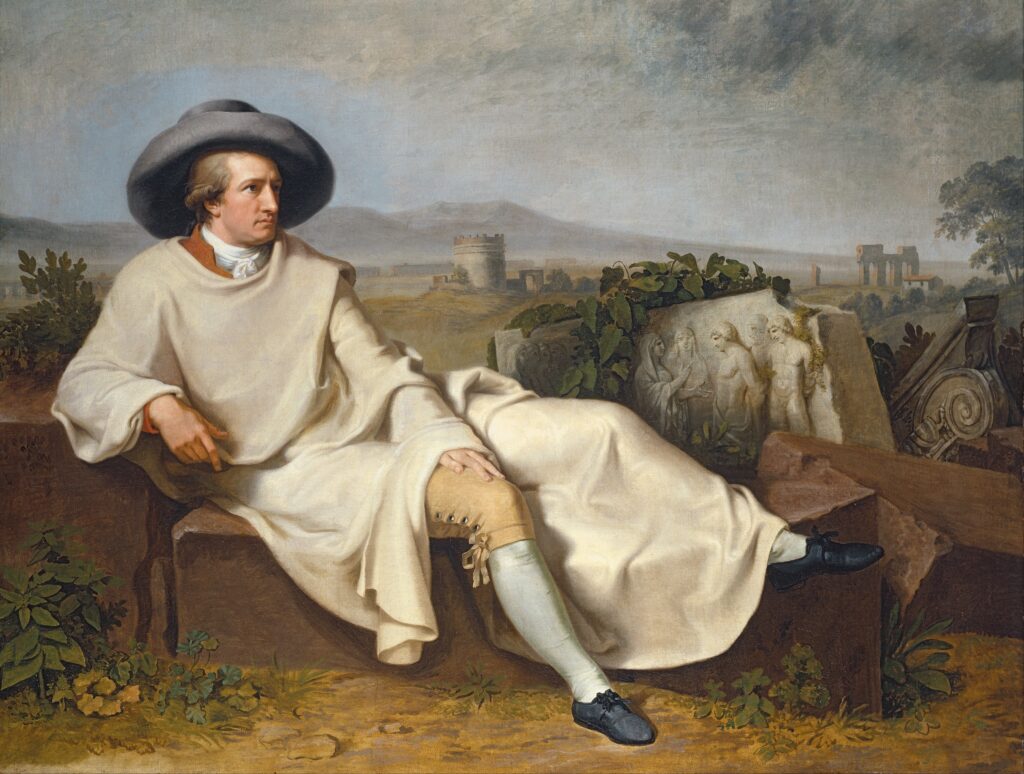Johann Wolfgang von Goethe? Carl Sandburg? Ruth Strang? Johann Peter Eckermann? John Oxenford? Henry R. Tedder? Apocryphal?

Question for Quote Investigator: When the famous German intellectual Johann Wolfgang von Goethe was an octogenarian he spoke to a friend about the effort required to read a text carefully and deeply. He said something like the following:
Ordinary people know little of the time and effort it takes to learn to read. I have been at it eighty years, and have not reached my goal.
I have not been able to find a citation for this statement. Hence, I am not certain whether it is accurate.
I believe that the U.S. poet and biographer Carl Sandburg also commented on the multi-decade process of learning to read productively. Would you please explore the provenance of this saying?
Reply from Quote Investigator: Johann Peter Eckermann served as Johann Wolfgang von Goethe’s personal secretary during the final decade of his life. After Goethe’s death Eckermann published a multi-volume work titled “Gespräche mit Goethe” (“Conversations with Goethe”) which included an entry dated January 25, 1830. Here is a translation of an excerpt. Boldface added to excerpts by QI:1
He then joked about the difficulty of reading and the arrogance of many people who want to read every philosophical and scientific work straight away without any preliminary studies or preparatory knowledge, as if it were nothing more than a novel.
“The good people,” he continued, “don’t know how much time and effort it cost to learn to read. It took me eighty years to do it and I still can’t say that I’ve reached my goal.”
Below are additional selected citations in chronological order.
Continue reading “Quote Origin: People Don’t Realize How Much Time and Effort Is Required To Learn To Read. I Have Been At It for Eighty Years, and I Haven’t Reached My Goal”







